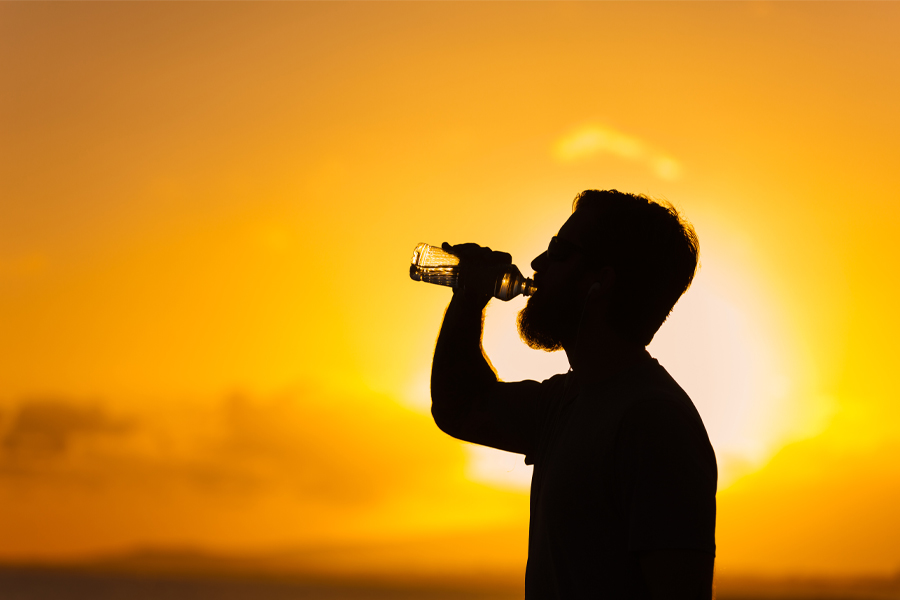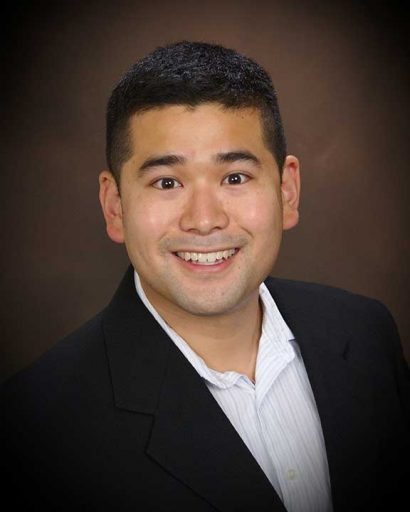
The United States has already experienced record-breaking high temperatures this summer, heat that threatens the lives of thousands of people.
Extreme heat is the leading weather-related cause of death in the United States. Vulnerable populations, such as older adults, infants, outdoor workers and others, are at the greatest risk.
Florida State University Associate Professor Chris Uejio studies extreme heat and public health. He is available to speak to reporters about the dangers of excessive heat and ways to lessen its impact.
Chris Uejio, associate professor, College of Social Sciences and Public Policy
cuejio@fsu.edu; (850) 692-8488
Uejio researches how the physical environment influences human health and well-being. He co-authored the Centers for Disease Control and Prevention’s Building Resilience Against Climate Effects (BRACE) Framework, which was part of the 2012 President’s Climate Action Plan. He frequently works with health departments to understand and adapt to climate change. He is also a member of NASA’s Health and Air Quality Applied Sciences Team, which rapidly responds to public health and air quality problems. Uejio has been quoted in NBC News, Science Friday and elsewhere.
“Extreme heat contributes to more than 5,000 excess U.S. deaths per year – more than any other weather hazard. For the health care community, extreme heat is like our sea-level rise. We know it’s already happening, and we have a pretty clear understanding that if we don’t do things differently, it’s going to get worse.”



